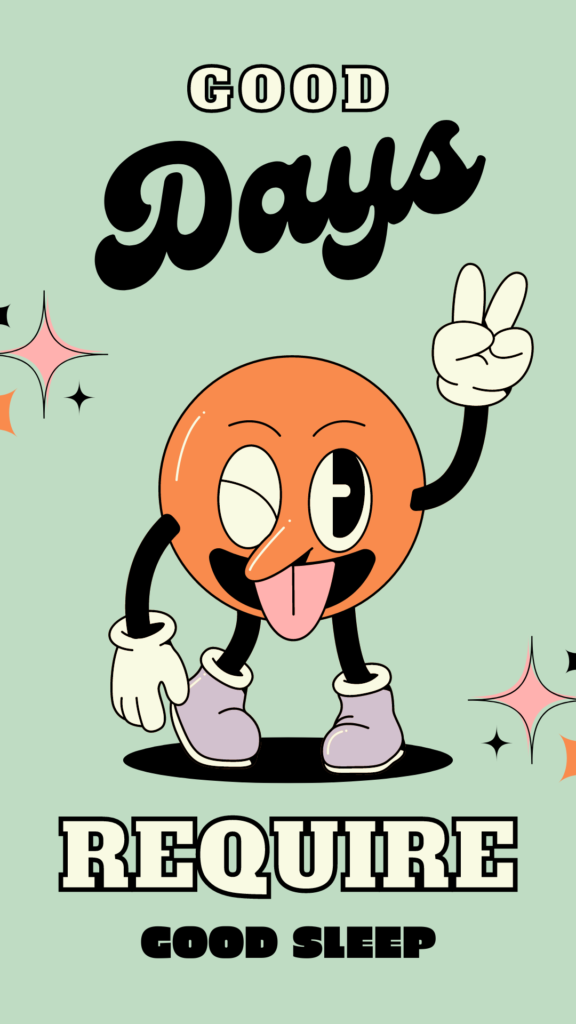Getting a good night’s sleep is essential for our overall health and wellbeing. However, many people struggle with falling and staying asleep, which can lead to fatigue, irritability, and other health issues. While it is important to address the underlying causes of sleep problems, such as stress or medical conditions, there are also various sleep aids that can help promote restful sleep. In this response, we will explore some of the most effective sleep aids and how they work.

- Melatonin
Melatonin is a hormone that is naturally produced by the body in response to darkness, signaling to the brain that it is time to sleep. However, some people may not produce enough melatonin or may have disrupted melatonin production, which can make it difficult to fall asleep.
Taking melatonin supplements can help regulate the sleep-wake cycle and promote restful sleep. Melatonin supplements are available over-the-counter and are generally considered safe when used as directed. However, it is important to talk to a healthcare provider before taking melatonin, especially if you are taking other medications or have medical conditions.
- Valerian Root
Valerian root is an herbal supplement that has been used for centuries to promote relaxation and sleep. Valerian root is thought to work by increasing the levels of gamma-aminobutyric acid (GABA), a neurotransmitter that helps calm the brain and nervous system.
Valerian root is available in various forms, including capsules, teas, and tinctures. While valerian root is generally considered safe, it can cause side effects in some people, such as headaches, dizziness, and digestive issues.
- Chamomile
Chamomile is a flowering herb that is often used as a natural sleep aid. Chamomile is thought to work by increasing the levels of glycine, a neurotransmitter that helps relax the muscles and nerves.
Chamomile is available in various forms, including teas and supplements. While chamomile is generally considered safe, it can cause allergic reactions in some people.
- Lavender
Lavender is a fragrant herb that is often used in aromatherapy to promote relaxation and sleep. Lavender is thought to work by increasing the levels of the neurotransmitter serotonin, which helps regulate mood and sleep.
Lavender can be used in various forms, including essential oils, sprays, and sachets. While lavender is generally considered safe, it can cause skin irritation in some people.
- Magnesium
Magnesium is a mineral that is essential for many bodily functions, including muscle and nerve function. Magnesium is also thought to help promote relaxation and restful sleep.
Taking magnesium supplements can help regulate the levels of magnesium in the body and promote restful sleep. Magnesium supplements are available in various forms, including capsules, powders, and sprays. While magnesium is generally considered safe, it can cause digestive issues in some people.
- Prescription Medications
In some cases, prescription medications may be necessary to treat sleep problems. These medications, such as benzodiazepines and non-benzodiazepine sedatives, work by increasing the levels of GABA in the brain, which helps promote relaxation and sleep.
Prescription sleep medications should only be taken under the supervision of a healthcare provider, as they can cause side effects and may be habit-forming.
In conclusion, there are various sleep aids that can help promote restful sleep, including melatonin, valerian root, chamomile, lavender, magnesium, and prescription medications. However, it is important to talk to a healthcare provider before taking any sleep aids, especially if you have medical conditions or are taking other medications. It is also important to address the underlying causes of sleep problems, such as stress or medical conditions.
